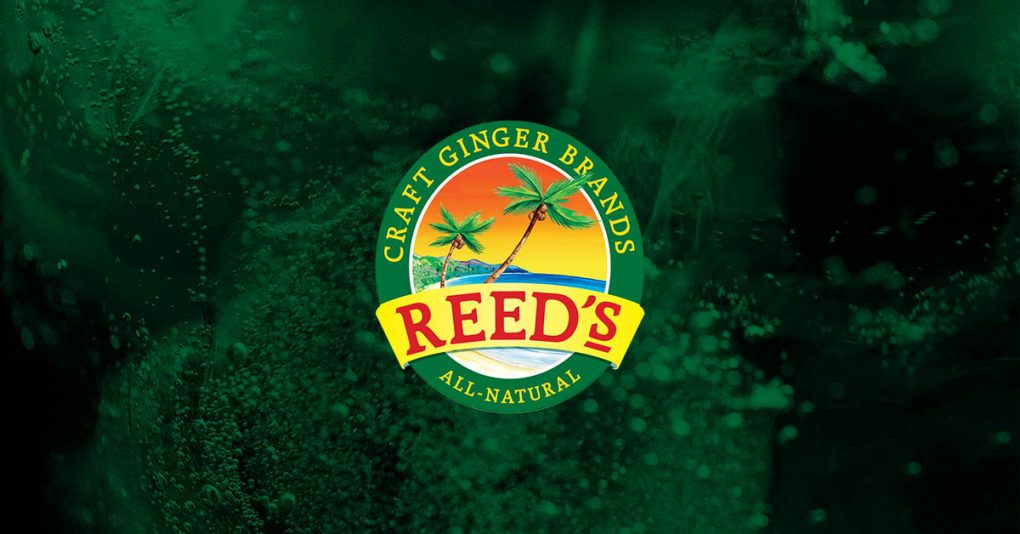Reed’s, Inc. saw net sales decline to $44.7 million in 2023, down from $53 million in 2022, even though the ginger beverage maker posted its sixth consecutive quarter of improvements to operating expenses.
- Gross profit in 2023 was $9.7 million with a gross margin of 21.7%, compared to $12.1 million with a gross margin of 22.8% in 2022.
- Operating losses improved, costing $9.4 million versus $14.8 million the year before. Delivery and handling costs fell 35% to $3.07 per case.
- Q4 net sales were $11.7 million, down from $15 million in Q4 2022.
- Gross profit in Q4 was $0.5 million with a gross margin of 4%, down from $3.4 million the year before with a gross margin of 22.9%.
- Operating loss in Q4 was $5 million, increased from $3.7 million in 2022, while delivery and handling costs fell 32% to $2.82 per case, attributed to lower freight costs.
“I am proud of our team’s hard work in 2023 as they executed on our strategic initiatives to consistently lower input costs and optimize our cost structure, resulting in more than $6 million of expense reductions and a material improvement to our bottom line,” said Reed’s CEO Norman Snyder, Jr. in a statement.
Snyder said the company saw “solid order volume” across retailers in 2023, but was unable to fulfill all of the demand “due to inflated short order shipments” which offset annual net sales by around $5 million. In response, the company has “taken the appropriate steps” to increase production and rebuild inventory, he added.
“With an improving inventory position, we are well on track to dramatically reduce short shipments and capitalize on the demand for our fan-favorite products,” Snyder said. “Looking ahead, we have several key initiatives to drive growth and profitability. As we build our inventory levels, we will sharpen our focus on returning to growth through our key product categories: Reed’s Ginger Ale, Ginger Beer, Virgil’s Zero Sugar and our ready-to-drink alcohol portfolio.”
“We also plan to uncover additional cost-saving opportunities throughout our business to ensure we are operating as efficiently as possible. We expect these initiatives will enable us to deliver on our growth and profitability objectives in 2024.”
According to the company, the decrease in net sales in Q4 resulted from “short order shipments and lower sales from seasonal programs due to timing of customer orders and a third-party manufacturing deficiency” related to the company’s swing-lid products. Reed’s said it expects to receive an insurance claim to cover the costs from those product losses.
The earnings report follows the closing of Reed’s $4.1 million Simple Agreement for Future Equity (SAFE) financing in Q1 2024, which is part of a larger $6 million financing. The company will put the cash towards rebuilding inventory.
As of December 31, the company reported around $0.6 million in cash used in operations and $27.4 million in total debt net of capitalized financing fees, including a $17.6 million convertible note and $9.8 million from a revolving line of credit, but not counting the latest SAFE financing.
Speaking on an earnings call with investors yesterday, Snyder highlighted a $200,000 gain in EBITDA achieved in the second half of the year – a $4.1 million turnaround – crediting the improvement to the business’ focus on reducing cost of goods, “driving higher gross profit, lower delivery handling costs, and to decrease SG&A costs compared with the first half of the year.”
“Our challenges from last year were almost entirely supply-driven as we experienced solid order volumes across our retail channels throughout the year,” Snyder said, adding that Reed’s has now added two new co-packers to its network. “Our inventory levels are improving and we are back on track to dramatically reduce our rate of short shipments in 2024.”
Among its product portfolio, Reed’s Ginger Ale sales grew 15% year-over-year in 2023 and Zero Sugar Ginger Ale was up 19%. Canned Ginger Beer sales were up 170% and Zero Sugar Ginger Beer cans increased “nearly 4x” from 2022, Snyder said. However, that growth was offset by lower bottle sales on both lines as the company transitions from bottles to cans.
Reed’s RTD alcohol portfolio grew 35% in 2023.
Snyder said Reed’s is now in the process of developing new products “that leverage fresh organic ginger” to expand its platform as a better-for-you lifestyle brand.
The company relaunched e-commerce sales in November, including a subscription service, he added, and is now working to build out its customer base in the U.K. and Europe alongside growing in U.S. retail partners such as Costco, Walmart, Whole Foods, Sprouts and Publix.
“Looking ahead, I want to reiterate that we have several key initiatives that drive this growth and profitability. As we reduce short order shipments, we expect to return to growth through all our key product categories,” he said.
